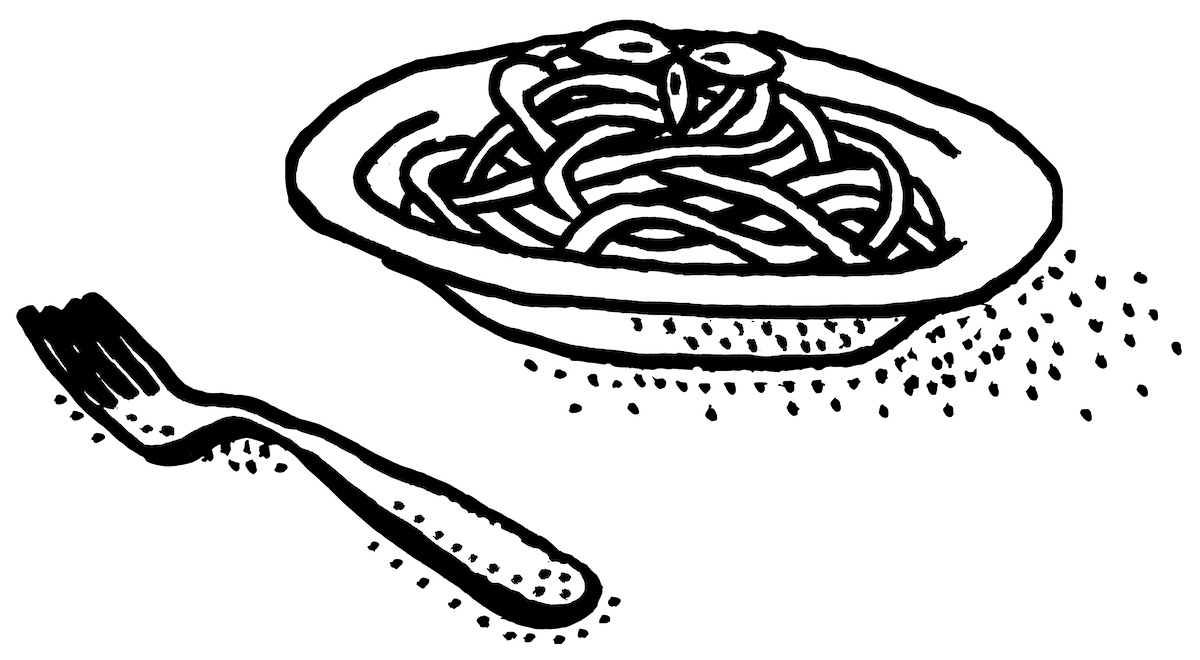On Being Nice by The School of Life

You meet people at a dinner party. The Bore goes on a lengthy rant about the quality of public health care. The Over-Friendly laughs at every joke and endorses every opinion. The Frank says they make tastier pasta in Tuscany. The Mean makes a joke about the shape of your nose. The Shy doesn’t talk to strangers. The Bragger boasts of having recent success in real estate investments.
These days, being nice is … well, nice — but not a priority for most of us. Much of our culture claims niceness is at odds with other important things in life. Christianity sure promotes charity and empathy but tells us we should forget success. Romanticism calls for intensely following our hearts at the expense of sometimes upsetting others. Capitalism frames the world as a competition where only the ruthless and determined survive. Eroticism associates desirability with dominance and confidence.
But perhaps those aims are compatible with being nice. We humans are so vulnerable that success is impossible without other people. Creative fulfillment requires unexciting groundwork. Competitive businesses rely on personal bonds and affection within their organization. Sensual thrill can only happen under the precondition of trust.
What do the dinner guests have in common? Their behavior assumes humans are confident, consistent, stable and rational. But most of us are broken, confused, volatile, insecure and a bit mad. We need validation, reassurance and seeing that others are equally overwhelmed with existence.
The Bore could identify the emotions behind the seemingly impersonal facts. The Over-Friendly could exhibit a deeper understanding of people and what they’re actually proud of. The Frank could acknowledge the subjectivity, fallibility and consequences of candid judgments. The Mean could find other outlets for suffering than being nasty to others. The Shy could recognize the common ground in the human experience behind our differences. The Bragger could demonstrate personal vulnerability to make others feel at ease with their own imperfections.
To be more compassionate at the party, it might help to appreciate “The Weakness of Strength” theory. It states that our characteristic faults are simply the flip sides of our virtues. Someone’s wonderfully unhurried and spontaneous presence might be inextricably linked to their difficulty in making plans and being on time. The next time you get frustrated with people, remember the corresponding qualities you appreciate in them. Or, if you’re making new acquaintances, find their strengths.
On Being Nice by The School of Life. First published in 2017.